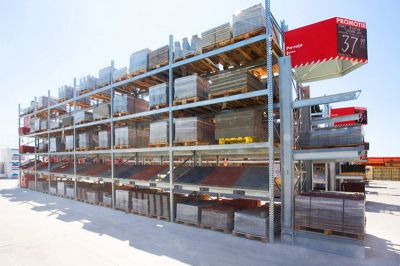Extracting, processing and manufacturing conventional building materials consume a tremendous amount of energy. Novel biocomposites are reducing that embodied energy and delivering high-performance, eco-friendly materials at no additional cost.
External building facades, internal partitions and suspended ceilings
which form an integral part of building structures are currently
characterised by very high embodied energy. Biocomposites overcome the
energy drawbacks of current materials such as steel, brick, concrete and
even fibre-reinforced plastic. However, susceptibility to moisture and
biodegradation decreases service life, particularly for outdoor
applications.
The EU-funded project 'High performance, economical and sustainable biocomposite building materials' (
BIOBUILD) was launched to address these challenges. The main objective is to reduce embodied energy by at least 50 % over current materials with no increase in cost.
Consortium members have selected four case studies to produce demonstrators. The BIOBUILD newsletter has publicised the choice of parts, required performance, and the designs and manufacturing processes – all supported by life-cycle assessments to reduce the embodied energy of the parts.
Scientists have used two different resins: an unsaturated polyester whose monomers are partially derived from agricultural feedstocks, and a furan-based resin derived from agricultural waste rich in hemicellulose. The reinforcements are strong cellulosic fibres from the stems of flax and jute plants.
The main focus to date has been the furan-based polyfurfuryl alcohol (PFA) resin. Researchers have explored parameters related to its synthesis, curing and natural fibre impregnation. They determined that PFA resin is best suited to formation of prepregs, fabrics pre-impregnated with a resin system that already includes the required curing agent.
Researchers formed an Industrial Interest Group. The contents of their meetings can be found on the project website. The project has also been widely publicised through postcards, flyers, academic papers and posters in addition to the project's newsletter. The project also exhibited at EcoBuild in London to display the new products to a wider audience. This is the leading trade fair for sustainable construction materials.
On the road to success, BIOBUILD has won the 2015 JEC Innovation Award in the construction category. Scientists have demonstrated the world's first self-supporting facade panel for building construction made of biocomposites.

